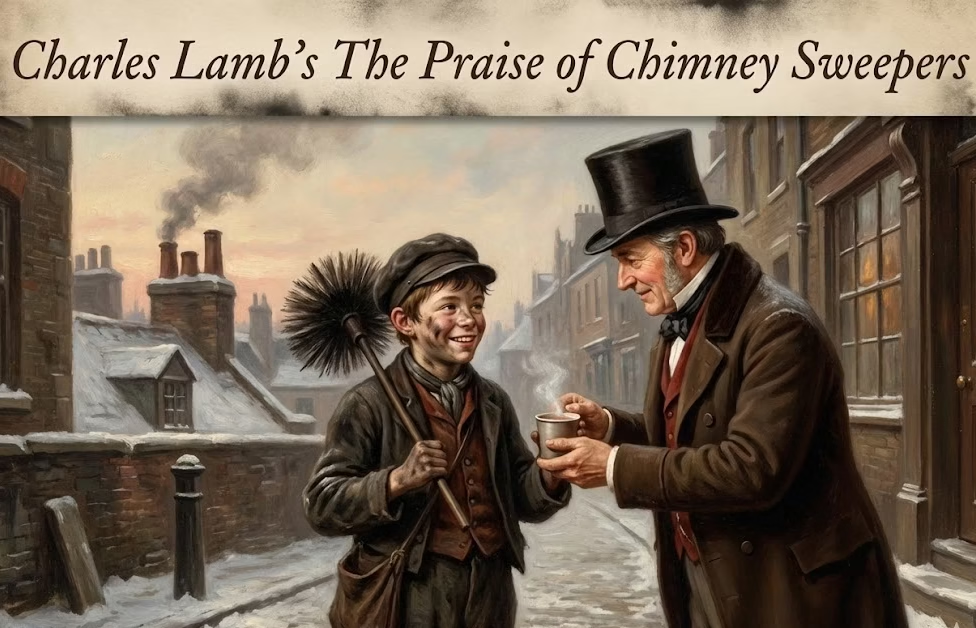INTRODUCTION
Cleanth Brooks was a leading American literary critic. He played a key role in developing New Criticism, a method that highlights close reading and the intrinsic features of literature. Born in 1906, Brooks co-authored important books such as “Understanding Poetry” and “The Well Wrought Urn”. Among his many essays, “The Heresy of Paraphrase” stands out. In this essay, Brooks explores why paraphrasing poetry fails to capture its true meaning.
The Main Argument of “The Heresy of Paraphrase”
In “The Heresy of Paraphrase,” Brooks challenges the idea that we can fully understand a poem by simply summarizing it. He argues that poetry is much more than a message to be decoded or rewritten in plain language. Instead, poetry is a careful arrangement of words, rhythms, and symbols. These elements work together to create a complex and unique meaning.
Why Paraphrasing Fails
Brooks begins by addressing a common misconception. Many people believe that a paraphrase can capture a poem’s essence. However, Brooks disagrees. He explains that reducing a poem to a paraphrase oversimplifies its depth. Paraphrasing misses the subtle details and ambiguities found in poetic language. For example, the emotional impact, symbolic meanings, and artistic qualities of a poem often disappear when we try to summarize it.
The Importance of Form and Structure
Brooks also highlights the importance of a poem’s form and structure. The way a poem is built—its meter, rhyme scheme, and word arrangement—adds to its meaning. Paraphrasing ignores these features. As a result, the poem’s artistic value is lost. According to Brooks, poetry is not just about the message. It is also about how that message is delivered through style and structure.
Examples and Analysis
To support his argument, Brooks examines specific poems. He shows how paraphrasing cannot capture the unique word choices, imagery, and sound patterns that give each poem its effect. These elements combine to create a whole that cannot be reproduced in a simple summary.
The Dangers of Paraphrasing
Brooks warns that paraphrasing can introduce the interpreter’s own biases. When we paraphrase, we risk altering the poem’s original meaning. Brooks believes that true understanding requires active reading and interpretation. We must look beyond the surface and explore the poem’s language and form.
The Role of the Reader
Brooks also discusses subjectivity in poetry interpretation. Every reader brings personal experiences and perspectives to a poem. This can shape their understanding. Still, Brooks stresses the importance of engaging with the text itself. Readers should not rely only on their own interpretations or on paraphrases.
Conclusion: The Lasting Impact of Brooks’s Ideas
In conclusion, Cleanth Brooks’s “The Heresy of Paraphrase” is a key essay in literary criticism. It warns against reducing poetry to simple summaries. Brooks encourages readers to appreciate the complexity of language, form, and meaning in poetry. His insights remind us of the value of close reading and direct engagement with the text. Today, his ideas continue to influence how critics and readers analyze and enjoy poetry.





